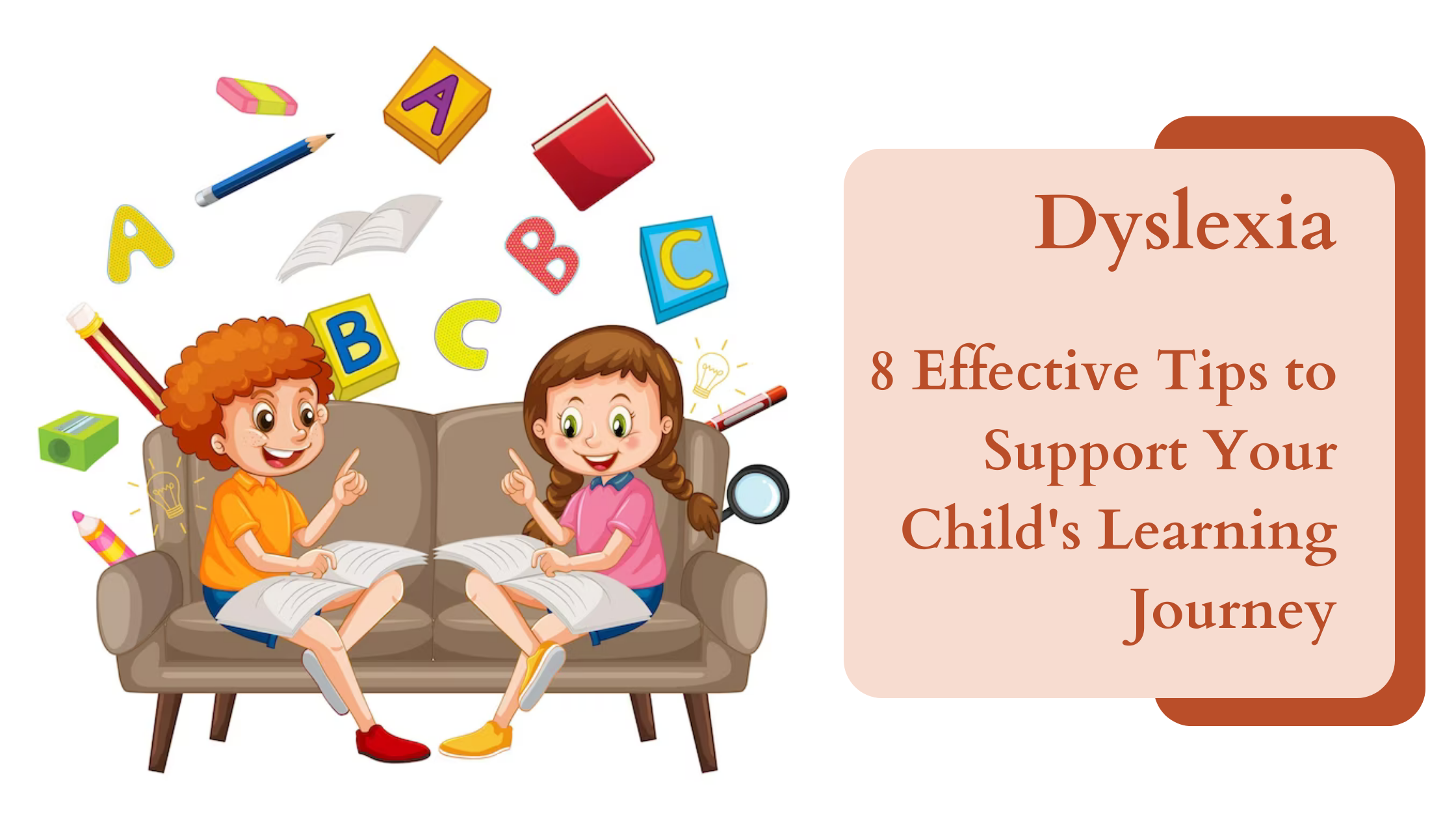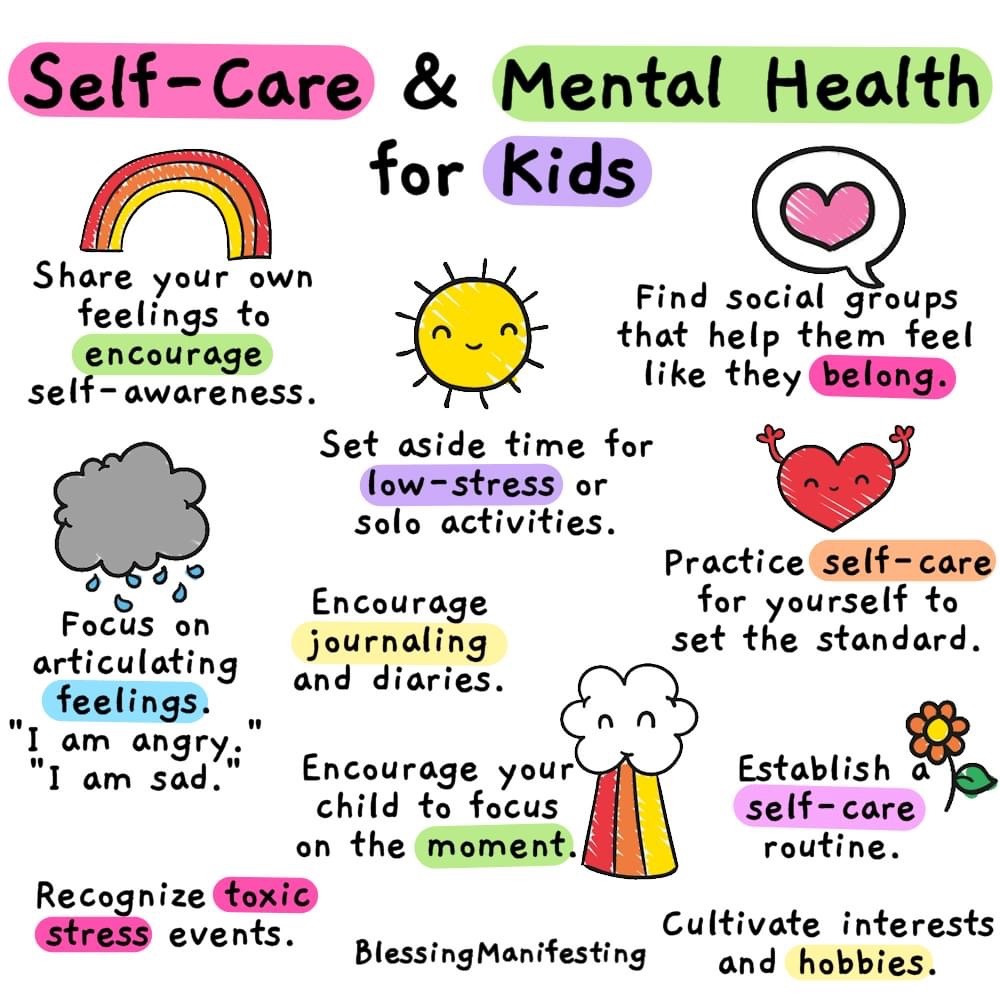Kensley Pope Condition: A Comprehensive Guide To Understanding And Supporting Your Child's Health
When it comes to our children's health, we want nothing but the best. Whether you're hearing about the Kensley Pope condition for the first time or are already familiar with it, this guide aims to provide you with the most comprehensive and actionable information. The Kensley Pope condition is a term that's gaining traction in the world of pediatric health, and it's crucial for parents to understand what it entails and how it affects their child's well-being. So, let's dive in and break it down together.
As parents, we're always on high alert when it comes to our kids' health. Any unusual symptoms or changes in behavior can send us into a frenzy of research and doctor visits. That's why understanding the Kensley Pope condition is so important. It's not just about recognizing the symptoms; it's about equipping yourself with the knowledge to support your child effectively.
In this guide, we'll cover everything from the basics of the Kensley Pope condition to expert tips on managing it. Whether you're a first-time parent or have been through the ups and downs of raising a child with special health needs, this guide is here to help you navigate the journey with confidence. Let's get started!
Read also:Unveiling The Potential Of Sotwe Turk Ifsa
Understanding the Kensley Pope Condition
What Exactly Is the Kensley Pope Condition?
Alright, let's start with the basics. The Kensley Pope condition isn't just some random term thrown around in parenting circles. It's a specific set of symptoms and health concerns that can affect children, impacting their physical and emotional well-being. Think of it as a roadmap to understanding your child's unique health challenges.
This condition is often characterized by a combination of factors, including developmental delays, behavioral changes, and physical symptoms. While it might sound intimidating at first, breaking it down into manageable pieces can make all the difference. Understanding the condition means you're already one step ahead in supporting your child.
Common Symptoms to Watch Out For
Now, let's talk about the signs. Every child is different, but there are some common symptoms associated with the Kensley Pope condition that parents should be aware of. Here's a quick rundown:
- Delayed developmental milestones
- Changes in eating or sleeping patterns
- Difficulty with social interactions
- Unexplained physical symptoms like fatigue or headaches
These symptoms might not always scream "Kensley Pope condition," but they're worth paying attention to. If you notice any of these in your child, it's a good idea to consult with a healthcare professional. Early intervention can make a huge difference!
Diagnosing the Kensley Pope Condition
When Should You Seek Professional Help?
So, you've noticed some concerning signs in your child. What's next? Seeking professional help is the first step in diagnosing the Kensley Pope condition. Pediatricians and specialists are trained to identify and assess these kinds of health concerns. They'll likely start with a thorough evaluation, which might include:
- Developmental assessments
- Physical examinations
- Behavioral observations
Remember, it's okay to feel overwhelmed during this process. The important thing is that you're taking action to ensure your child gets the support they need.
Read also:What Is The Jamaican Slang For Friend Or Bro Exploring The Vibrant Language Of Jamaica
Key Tests and Evaluations
Once you've consulted with a healthcare professional, they might recommend specific tests to get a clearer picture of what's going on. These tests could include:
- Blood tests to check for underlying health issues
- Imaging studies like MRIs or X-rays
- Psychological evaluations to assess behavioral patterns
While waiting for results can be nerve-wracking, trust that these evaluations are designed to provide accurate information about your child's condition. Knowledge is power, and these tests are a crucial part of the diagnostic process.
Managing the Kensley Pope Condition
Creating a Supportive Environment
Once you have a diagnosis, the next step is creating a supportive environment for your child. This involves more than just physical care; it's about fostering an emotional and psychological space where your child feels safe and understood. Here are some tips:
- Establish a consistent daily routine
- Encourage open communication about feelings and concerns
- Provide opportunities for social interaction and play
Every small step you take to support your child contributes to their overall well-being. It's about creating a balance between structure and flexibility, allowing your child to thrive in their own way.
Therapies and Interventions
Depending on the specific needs of your child, various therapies and interventions can be incredibly beneficial. Some popular options include:
- Occupational therapy to improve fine motor skills
- Speech therapy for communication challenges
- Behavioral therapy to address specific concerns
These therapies are designed to empower your child and help them develop the skills they need to navigate the world. Working closely with therapists can provide you with valuable insights and strategies to support your child at home.
Nutrition and Diet
The Role of Nutrition in Managing the Kensley Pope Condition
Nutrition plays a vital role in managing the Kensley Pope condition. A balanced diet can support your child's physical and mental health, helping them to manage symptoms more effectively. Here are some nutritional tips:
- Incorporate a variety of fruits and vegetables
- Focus on whole grains and lean proteins
- Limit processed foods and sugary snacks
While it might take some trial and error to find the right diet for your child, the benefits are well worth the effort. Nutrition is a powerful tool in supporting your child's overall health.
Common Nutritional Challenges
Of course, every child is different, and some might face specific nutritional challenges. These could include:
- Picky eating habits
- Food allergies or intolerances
- Difficulty with portion control
Working with a pediatric nutritionist can help you navigate these challenges and develop a plan that works for your child's unique needs.
Emotional and Mental Health
Supporting Your Child's Emotional Well-Being
Emotional health is just as important as physical health when it comes to the Kensley Pope condition. Supporting your child's emotional well-being means being there for them through thick and thin. Here are some ways to do that:
- Encourage open discussions about feelings
- Provide opportunities for creative expression
- Teach coping strategies for stress and anxiety
By fostering a supportive environment, you're helping your child build resilience and confidence in managing their condition.
When to Seek Mental Health Support
There might come a time when professional mental health support is necessary. Signs that your child might benefit from this include:
- Persistent feelings of sadness or anxiety
- Difficulty coping with daily activities
- Changes in behavior or mood
Don't hesitate to reach out to mental health professionals if you notice any of these signs. They can provide valuable guidance and support for both you and your child.
Parental Care and Self-Care
Why Self-Care Matters for Parents
Let's not forget about the parents! Caring for a child with the Kensley Pope condition can be demanding, and it's crucial for parents to prioritize their own well-being. Here's why self-care matters:
- It helps you stay energized and focused
- It reduces stress and prevents burnout
- It sets a positive example for your child
Take a moment each day to do something that rejuvenates you, whether it's reading a book, taking a walk, or simply enjoying a quiet cup of coffee. You deserve it!
Building a Support Network
You don't have to go through this journey alone. Building a support network of family, friends, and other parents can make all the difference. Here's how:
- Join parenting groups or online communities
- Share experiences and advice with other parents
- Don't be afraid to ask for help when you need it
Having a strong support system can provide you with the encouragement and resources you need to navigate the challenges of parenting a child with the Kensley Pope condition.
Conclusion
As we wrap up this comprehensive guide, it's important to remember that understanding and supporting your child's health is a journey, not a destination. The Kensley Pope condition might present its own set of challenges, but with the right knowledge and resources, you can empower yourself and your child to thrive.
We encourage you to take action by consulting with healthcare professionals, exploring therapies, and prioritizing both your child's and your own well-being. Share this guide with other parents who might find it helpful, and don't hesitate to leave a comment or question below. Together, we can create a community of support and understanding for all children facing unique health challenges.
Table of Contents
- Understanding the Kensley Pope Condition
- Common Symptoms to Watch Out For
- Diagnosing the Kensley Pope Condition
- When Should You Seek Professional Help?
- Key Tests and Evaluations
- Managing the Kensley Pope Condition
- Creating a Supportive Environment
- Therapies and Interventions
- Nutrition and Diet
- Emotional and Mental Health
Remember, the journey is just beginning, and you're not alone. Let's support each other and our children every step of the way!


